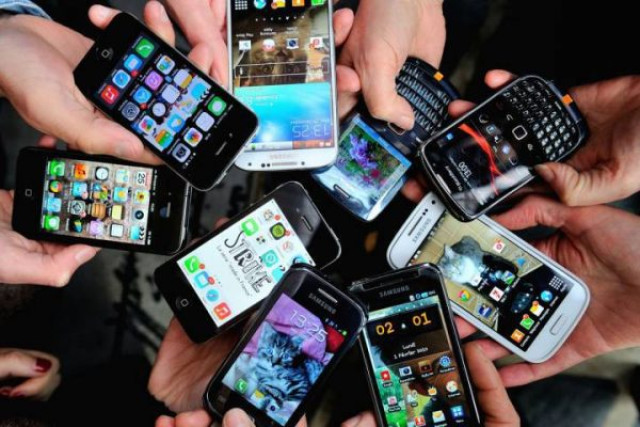Nigeria's telecommunications industry is facing a challenging situation, with internet penetration reaching 48.15% in April 2025, a slight increase from 47.73% in March, as reported by the Nigerian Communications Commission.
This incremental progress, however, is overshadowed by a second month of declining data usage, attributed to significant price increases and escalating economic pressures that are compelling consumers to limit their internet consumption.
Nigeria has fallen short of its internet penetration goal for 2025. The National Broadband Plan (NBP 2020–2025) set a lofty objective of achieving 70% broadband penetration by the end of the year.
Stakeholders indicate that Nigeria still has a long journey ahead to meet this target and that the current trend suggests it is unlikely to be accomplished by year-end.
The slow advancements are linked to ongoing challenges, including high costs and bureaucratic obstacles in acquiring right-of-way for infrastructure projects, with only a limited number of states waiving these charges.
The NCC noted that data usage decreased to 983,283.43 terabytes in April, down from 995,876.10 terabytes in March. This drop followed a previous significant decline when data consumption fell from a peak of one million terabytes in January to 893,054.80 terabytes in February, leading to a loss of roughly one million internet subscribers.
Despite a moderate recovery in March, which saw an 11.5% increase in data usage and subscriptions rising to 142.05 million, April saw a further decline to 141.99 million subscribers, indicating renewed pressures on the industry. While internet penetration has improved, Nigeria's digital economy faces serious hurdles.
There is strong demand for data driven by trends in digital lifestyles, network expansion, and the internet’s crucial role in sectors like education, commerce, and social interactions. Nonetheless, issues related to affordability pose a threat to further progress, leaving internet penetration still below 50%. Experts warn that unless these cost-related challenges are resolved, Nigeria’s budding digital economy could struggle.
The NCC data also showed a rise in subscriber porting, with 6,789 customers switching networks in April, marking a 121% increase from 3,064 in March.
MTN Nigeria topped the market with a net gain of 3,960 subscribers, followed by Airtel with 1,860 and Globacom with 966. In contrast, 9mobile attracted only three new subscribers, highlighting the intense competition in a market sensitive to pricing.
Furthermore, the NCC reported 208,482 active subscribers for data services across licensed providers, likely representing a specific niche of the market.




















